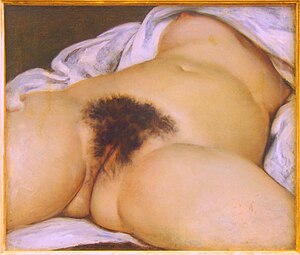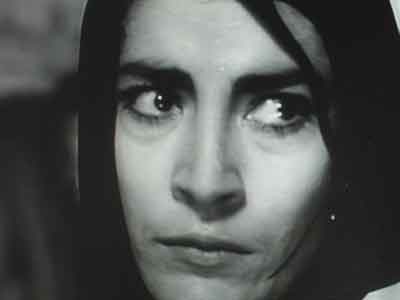a sweet, sweet jest
I'm sad that as she binds me in this pain,
My love does not intend my heart to gain
Its happiness. When she sees my distress
She laughs in secret at this sweet, sweet jest.
#863: From Rumi's Kolliyaat-e Shams-e Tabrizi
I'm starting to read longer and more thoughtful articles on Islam, today enjoying Wolfgang Bruno: Will the Internet Slay Islam?. Here is his concluding imagery that I fully concur with:
I have earlier stated that Islam is a "dinosaur in the age of mammals." I believe this is true. However, it is still a big and bad beast, even more dangerous and angry now precisely because it is wounded. We cannot allow such a creature to roam the streets where our children are growing up. We need to cage it, and hope that rational criticism, which its immune system cannot in the long run withstand, will slowly wear it down. This is a world war, and the best thing we can hope for is a prolonged "cold" war, with many minor clashes but no huge, cataclysmic hot war. This will require a global containment of the Islamic world, the expulsion of any Muslims in the West deemed to be a security threat and strong support to the movement of ex-Muslims. All of these steps will have to be implemented soon, or we will have no other options left but a full-scale war, with massive casualties. We will probably win such a war if it comes to it, but the death toll will exceed that of any other war in human history, and leave scars for generations to come. Time is growing short. Are we up to the job?
I too see Islam as a dying monster, thrashing about dangerously. I do the best I can to confront whatever Muslim I can find on forums, pushing the criticism and the mockery of Islam. It's the safest way to participate in this war of truths and values. However, it will take the courage of many visible apostates to achieve Islam's final demise. The likes of Wafa Sultan and Abdul Rahman are the warriors in the frontline. One is intelligent and outspoken, the other is an almost forlorn hero. The two share the great risk to their lives that is the outcome of speaking out against Islam.
And yet, once Islam dies, a new monster will appear and is probably growing to maturity in our very midst. Humanity seems intent on one folly after another, just as in my own personal life I have gone from one folly to another. We will never be done with this battle, whether at the personal level or at the communal. Tyrannosaurus Rex will always revive and rule again.
Perhaps a realization such as this is behind Rumi's rueful mood today. We yearn, we forge ahead on heroic quests, we live for this goal directedness. If we gained what we wanted we would lose our purpose so we constantly turn to some new goal to yearn for. True happiness comes from ceasing to seek it, from accepting just what is. But of course, just what is consists of wanting what we cannot have. Either way, the joke's on us.














